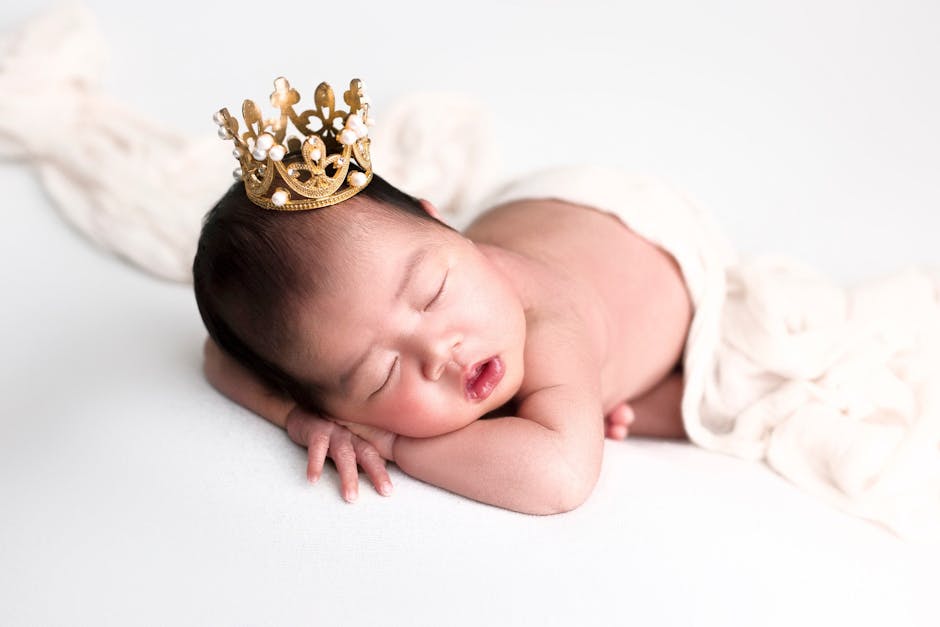The Royal Family and the Absence of Meritocracy
In an era increasingly defined by accountability and meritocracy, Prince Andrew’s scandal underscores the stark reality that not all institutions operate on principles of fairness or democratic choice. Entangled in allegations of sexual misconduct and his ties to Jeffrey Epstein, Andrew has become a symbol of unearned privilege and impunity within the British monarchy. As Marina Hyde aptly notes, this isn’t a meritocracy—it’s a system where you’re stuck with the royal family you never voted for.
The Andrew Scandal: A Test of Accountability
The legal settlement between Prince Andrew and Virginia Giuffre, who accused him of sexual assault, has reignited debates about the monarchy’s role in modern Britain. While the settlement isn’t an admission of guilt, it raises troubling questions about why a royal, stripped of military titles and patronages, remains shielded from full public and legal scrutiny. The royal family’s handling of the scandal reveals a system that prioritizes reputation over justice, exposing the inequities of a birthright-based hierarchy.
The Monarchy: A Democratic Anachronism
The British monarchy is a relic of a bygone era, where power and privilege were inherited rather than earned. Yet, despite its outdated foundations, it continues to wield significant influence and consume public resources. Taxpayers fund the royals to the tune of millions annually—a fact that becomes harder to justify when scandals like Andrew’s arise. The monarchy’s claim to unify the nation grows increasingly tenuous as its actions alienate large segments of the population.
Double Standards and Unearned Privilege
Prince Andrew’s case highlights the double standards within the royal family. While ordinary citizens face the full force of the law, royals seem to operate in a parallel universe where their status mitigates consequences. This preferential treatment underscores a system that values lineage over justice, further eroding public trust in the institution.
Marina Hyde’s Critique: A Call for Change
Hyde’s incisive critique of the monarchy’s lack of meritocracy resonates deeply. The royal family isn’t elected or accountable to the public like political leaders. Its members inherit their roles, perpetuated by tradition rather than competence. This lack of accountability is antithetical to a society that values fairness and transparency, underscoring the monarchy’s fundamentally undemocratic nature.
The Bigger Picture: A System in Need of Reform
The question of whether Prince Andrew should be punished extends beyond one individual—it’s about the system that protects him. It’s about whether a modern, democratic society should tolerate an institution that operates outside the norms of accountability. The monarchy’s survival hinges on its ability to adapt, but the Andrew scandal suggests it’s more focused on self-preservation than meaningful reform.
A Call for Accountability and Meritocracy
The British public deserves institutions that reflect their values, not relics of a feudal past. They deserve leaders chosen for merit, not lineage, and a system that holds everyone accountable, regardless of status. Until then, we’re left with the royal family we didn’t vote for—a testament, as Marina Hyde puts it, to the enduring power of unearned privilege.




